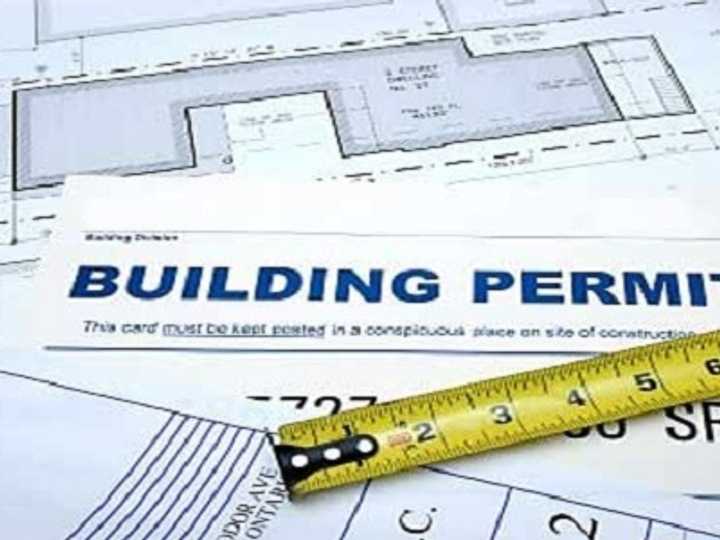All ten were assessed civil penalties of $2,500 each after they were brought to court, Gov. Christie and state Attorney General Jeffrey Chiesa said.
Gov. Christie said the undercover sting — which actually was staged before Hurricane Sandy struck New Jersey — should alert those whose homes sustained damage that they should check the credentials of any contrator they consider hiring.
“In the wake of Sandy, we’re working hard to help and protect New Jersey residents on all levels,” the governor said. “We want to make sure that those who sustained damage from the storm don’t suffer further at the hands of unscrupulous contractors.”
Chiesa added: “New Jersey has 42,000 duly registered home improvement contractors; there is no shortage of good, professional help. If you don’t do your homework and hire a registered contractor with a good track record, you may spend thousands of dollars on a project, only to find yourself stuck with substandard, shoddy, and unsafe work.”
Those looking to hire a contractor can simply call the state Division of Consumer Affairs (800-242-5846) to learn whether the contractor has a current, valid state registration or whether consumer complaints have been filed against the company.
Consumers can also download the Division’s free New Jersey “Professional License Lookup” smartphone app, to check the registration or licensing status of home improvement contractors and licensed professionals.
The Division offers additional tips on “How to Avoid Disaster-Related Scams”:
English: http://www.njconsumeraffairs.gov/disaster/floodtipsflyer_1.pdf Spanish: http://www.njconsumeraffairs.gov/disaster/floodtipsflyerSP_1.pdf
The Mercer County undercover operation took place in July, during the height of the home-improvement season.
In its initial phase, investigators from the DCA and Mercer County Office of Consumer Affairs posed as consumers seeking to hire contractors for the renovation of a home in Titusville. The investigators booked appointments with unregistered contractors, some of whom who had commercial listings on Craigslist and other websites, in “home improvement guide” publications that were placed at convenience and grocery stores and in local yellow pages.
During the operation’s second phase, the unregistered contractors came out to the Titusville home. The unregistered contractors spoke with the undercover investigators, who posed as the home’s owners.
The investigators noted that, although the home had been empty for a few years and sustained minor damage, it could become beautiful again with the right work.
The contractors examined the home and made estimates ranging from $2,500 to $50,000 for repairs such as painting, flooring, roofing, sheet rock work, and masonry work.
“One of the contractors showed up without a tape measure, ruler, meter, or any measuring device, and without even a notebook – and then made an estimate of $50,000, apparently based on what the investigators said they could afford,” said Eric T. Kanefsky, acting DCA director.
Ten received notices of violation, each including a $2,500 civil penalty, as a result. Each can request an appeal hearing before Kanefsky.
They include:
AA Construction, of Piscataway;
Get it Done Painting, of Trenton;
MLA Home Improvements, aka Mr. Yard & Home, of Somerville;
NE Home Improvements, of Philadelphia;
Sonny Signo & Sons Home Repair & Remodeling, of Elizabeth;
Tara Construction, of Lawrenceville.
Two others have since applied for reinstatement of their lapsed registrations and are actively registered to do home improvement work in New Jersey:
Amidas Painting and Construction, LLC, of Chesterfield;
Home Code, LLC, of Highland Park.
Two have reinstatement applications pending:
First Choice Flooring, Inc., d/b/a/ Frank White Floors, of Fairless Hills, Pa.;
Mudry Construction, LLC, of Mercerville.
Since 2006, New Jersey law has required anyone advertising or doing home improvement work to register with the DCA. New Jersey’s Contractors’ Registration Act and regulations protect consumers by helping ensure accountabilit.
Contractors must have a legitimate business address that is a street address, and at least $500,000 in liability insurance, before they can become registered. The Act also requires that all home improvement contracts in excess of $500 contain clear language, including the project’s agreed-upon price, starting and ending dates, and scope of work.
Click here to follow Daily Voice Monsey and receive free news updates.
